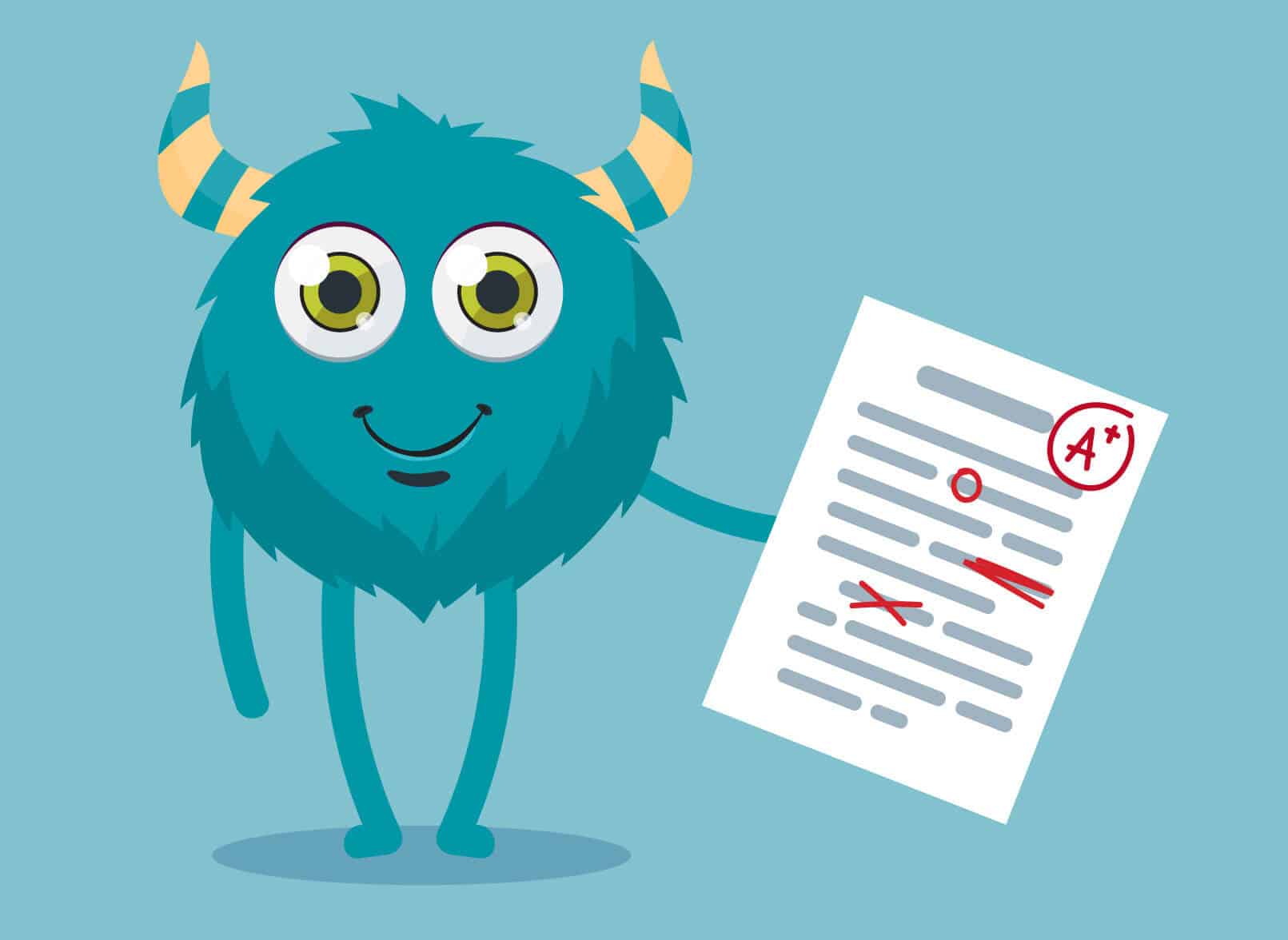

Unit 05 :
Present simple tens
現在簡單式
 Beginner
Beginner
Summary
The present tense is the base form of the verb:But with the third person singular (she/he/it), we add an –s:
Sentence Building 1
they read / he likes / I work etc.= Present simple tense:
I/we/you/ they
⇒
read / like / work / live / watch / do / have
he/she/it
⇒
reads / likes / works / lives / watches / does / has
Sentence Building 2
In the simple present, most regular verbs use the root form, except in the third-person singular (which ends in -s):he works/ she lives/ it rains etc.
1.I work in an office. My brother works in a bank.
2.Lucy lives in the US. Her parents lives in London.
3. It rains a lot in the winter.
I have → he/she/it has:
4. John has lunch at home every day.
For a few verbs, the third-person singular ends with -es or -ies instead of -s.
Typically, these are verbs whose root form ends in -s/-sh/-ch and -y:
pass
⇒
passes
finish
⇒
finishes
watch
⇒
watches
study
⇒
studies
try
⇒
tries
do
⇒
does
go
⇒
goes
Grammar Introduction
We use the present simple to talk about: something that is true in the present:
1. I like big cities.
2. Your English is good. You speak very well.
3. Tom works very hard. He starts at 7am and finishes at 9pm.
4. We do a lot of different things in our time.
We use the present simple to talk about: something that is true in the present:
5.The earth goes around the sun.
6. It costs a lot of money to build a hospital.
Grammar Introduction
We often use adverbs of frequency like sometimes/always/often/usually/never +the present simple:
1. Susie always gets to work early.
2. I never eat breakfast.
3. We often sleep late on weekends.
5. I sometimes walk to work,but not very often.

